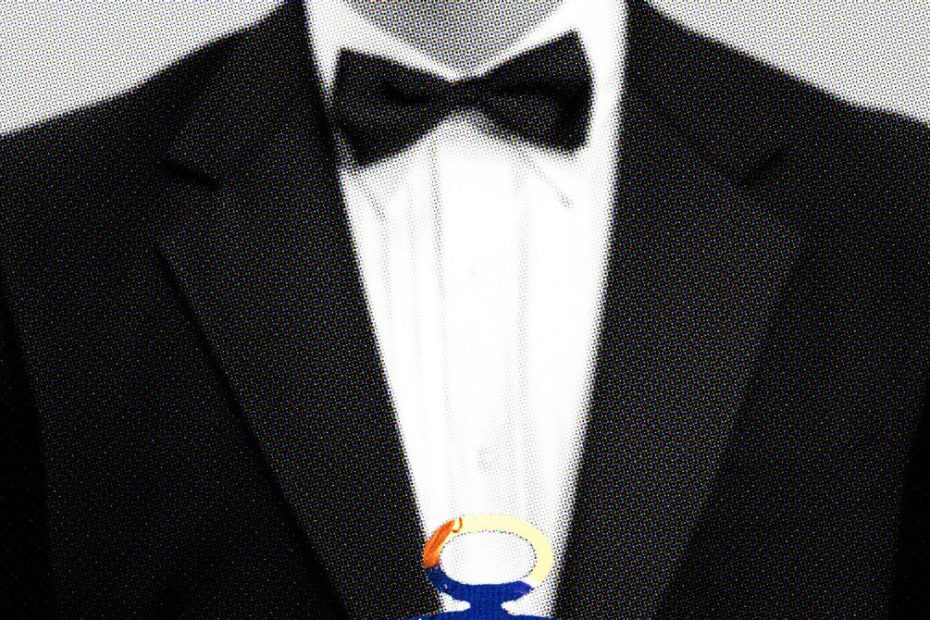A few years ago I wrote about how when planning my wedding I had indicated my interest in hairstyles and tablescapes via the Pinterest app, and I was suddenly inundated with suggestions for more of the same. That was all well and good until – oops – I canceled the wedding and it seemed like Pinterest pins would haunt me until the end of days. Pinterest wasn't the only perpetrator. All social media wanted to recommend things that were no longer relevant, and the stench of this stale buffet of content lingered long after the non-event had ended.
So in this new age of artificial intelligence – when machines can perceive and understand the world, when a chatbot presents itself as eerily human, when tech companies worth trillions use powerful AI systems to boost their advertising revenues – those recommendation engines will surely become smarter. , at. Right?
Maybe not.
Recommendation engines are among the first algorithms on the consumer web, using a variety of filtering techniques to try to surface the things you're most likely to want to interact with (and in many cases buy) online. When done right, they are helpful. In the early days of photo sharing, like Flickr, a simple algorithm would see you see the latest photos your friend had shared the next time you logged in. Now advanced versions of those algorithms are being used aggressively to keep you engaged and increase their interest. owners money.
More than three years after I posted about what Pinterest internally called the “miscarriage problem,” I'm sad to say that my Pinterest suggestions are still bleak. In a strange way, Pinterest has now paired me with a 60 to 70 year old silver fox of a woman looking for a stylish haircut. That and a sage green kitchen. Every day, like clockwork, I receive marketing emails from the social media company full of photos suggesting that I would enjoy cosplaying as a coastal grandmother.
I was at some point looking online for paint #inspo. But I'm long past the painting stage, which just underlines that some recommendation engines may be smart, but they're not temporary. They still don't always know when the event is over. Likewise, the suggestion that I would like to see 'hairstyles for women over 60' is premature. (I'm a millennial.)
Pinterest has an explanation for these emails, which I'll get to. But it's important to note — so I'm not just mentioning Pinterest, which over the past two years has put new leadership in place and put more resources into refining the product so that people actually want to shop on it — that this is also happening on other sites happens. platforms too.
Take Threads, which is owned by Meta and collects much of the same user data as Facebook and Instagram. Threads is by definition a very different social app than Pinterest. It's a mostly text-update scroll, with an algorithmic “For You” tab and a “Following” tab. I actively open Threads every day; I don't come across it like I do from Google Image Search to images on Pinterest. On the Follow tab, Threads shows updates from the journalists and techies I follow. On the 'For You' tab, Threads thinks I'm in menopause.
Wait, what? Laboratory-wise, I'm not. But over the past few months, Threads has made me believe that I power are. Now that I open the mobile app, I see messages about perimenopause; women in their 40s who struggle to shrink their abs, regulate their nervous systems, or take medication for ADHD later in life; husbands who hire escorts; and Ali Wong's latest stand-up piece on divorce. It's one Real Housewives-meets-older-millennial-ennui bizarre world, one that isn't entirely reflective of the accounts I choose to follow or my expressed interests.

